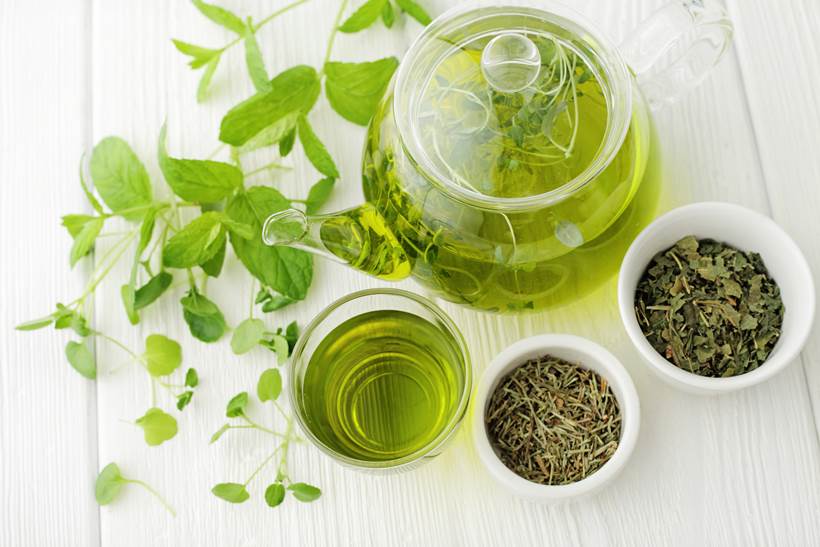Home »
Drinking green tea linked to longer, healthier life: Study
Green tea is a rich source of polyphenols which protect against cardiovascular disease and its risk factors including high blood pressure and dyslipidaemia.

Drinking green tea at least three times a week is associated with a longer and healthier life, according to a study published on Thursday.
The analysis included 100,902 participants in China with no history of heart attack, stroke, or cancer.
“Habitual tea consumption is associated with lower risks of cardiovascular disease and all-cause death,” said Xinyan Wang, from the Chinese Academy of Medical Sciences in China. “The favourable health effects are the most robust for green tea and for long-term habitual tea drinkers,” Wang said.
The participants were classified into two groups: habitual tea drinkers (three or more times a week) and never or non-habitual tea drinkers (less than three times a week) and followed-up for a median of 7.3 years.
Habitual tea consumption was associated with more healthy years of life and longer life expectancy, according to the study published in the European Journal of Preventive Cardiology. The analyses estimated that 50-year-old habitual tea drinkers would develop coronary heart disease and stroke 1.41 years later and live 1.26 years longer than those who never or seldom drank tea, the researchers said.
Compared with never or non-habitual tea drinkers, habitual tea consumers had a 20 per cent lower risk of incident heart disease and stroke, 22 per cent lower risk of fatal heart disease and stroke, and 15 per cent decreased risk of all-cause death, they said.
The potential influence of changes in tea drinking behaviour was analysed in a subset of 14,081 participants. Habitual tea drinkers who maintained their habit in both surveys had a 39 per cent lower risk of incident heart disease and stroke, 56 per cent lower risk of fatal heart disease and stroke, and 29 per cent decreased risk of all-cause death compared to consistent never or non-habitual tea drinkers.
“The protective effects of tea were most pronounced among the consistent habitual tea-drinking group,” said Dongfeng Gu, from Chinese Academy of Medical Sciences.

“Mechanism studies have suggested that the main bioactive compounds in tea, namely polyphenols, are not stored in the body long-term. Thus, frequent tea intake over an extended period may be necessary for the cardioprotective effect,” said Gu.
In a subanalysis by type of tea, drinking green tea was linked with about 25 per cent lower risks for incident heart disease and stroke, fatal heart disease and stroke, and all-cause death, the researchers said. However, no significant associations were observed for black tea, they said. Gu noted that a preference for green tea is unique to East Asia.
“In our study population, 49 per cent of habitual tea drinkers consumed green tea most frequently, while only 8 per cent preferred black tea. “The small proportion of habitual black tea drinkers might make it more difficult to observe robust associations, but our findings hint at a differential effect between tea types,” he said.
Two factors may be at play. First, green tea is a rich source of polyphenols which protect against cardiovascular disease and its risk factors including high blood pressure and dyslipidaemia.
Black tea is fully fermented and during this process, polyphenols are oxidised into pigments and may lose their antioxidant effects.
Second, black tea is often served with milk, which previous research has shown may counteract the favourable health effects of tea on vascular function. Gender-specific analyses showed that the protective effects of habitual tea consumption were pronounced and robust across different outcomes for men, but only modest for women.
“One reason might be that 48 per cent of men were habitual tea consumers compared to just 20 per cent of women.”Secondly, women had a much lower incidence of, and mortality from, heart disease and stroke. These differences made it more likely to find statistically significant results among men,” Wang said.
For all the latest Lifestyle News, download Indian Express App
Source: Read Full Article






